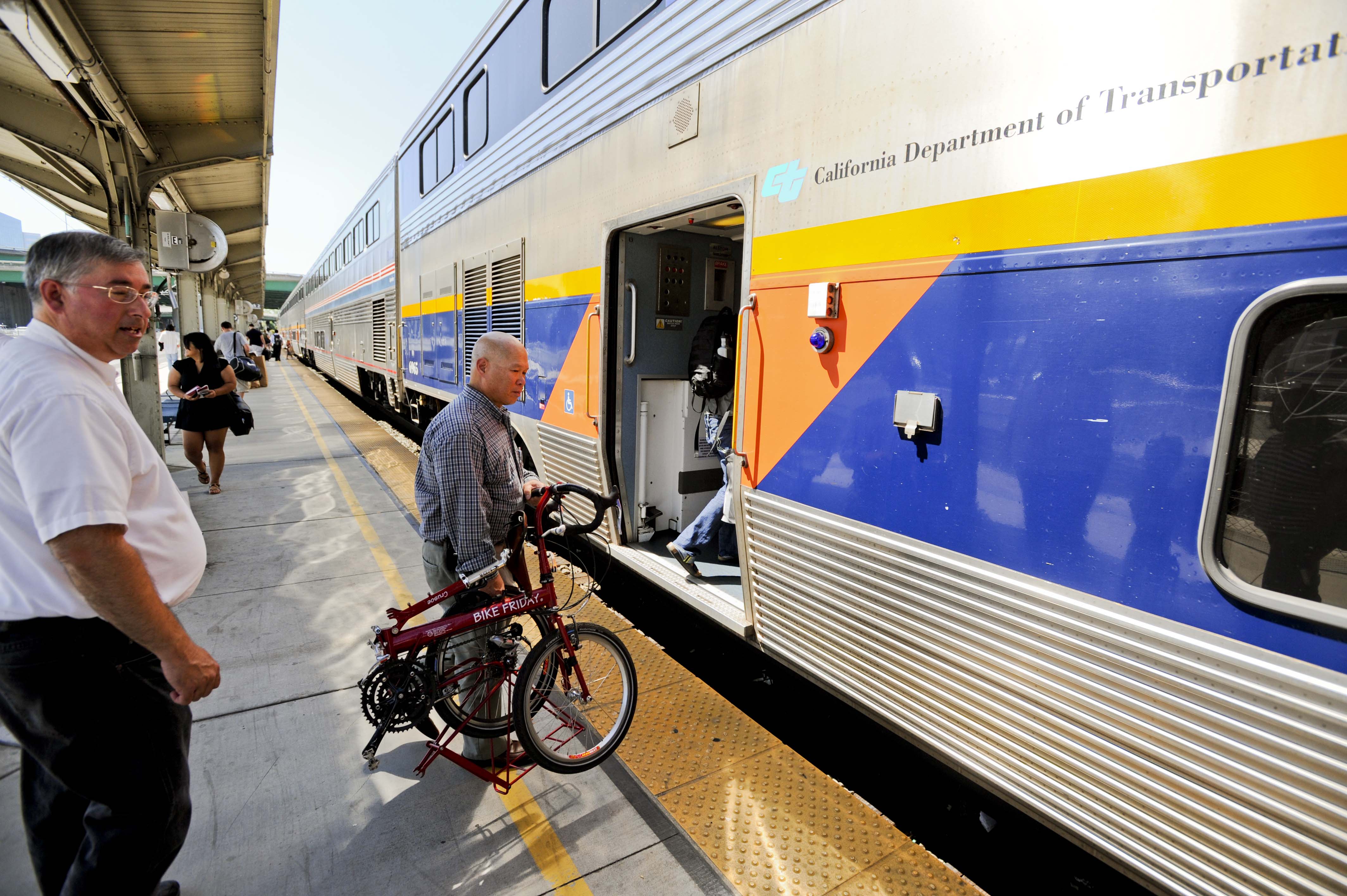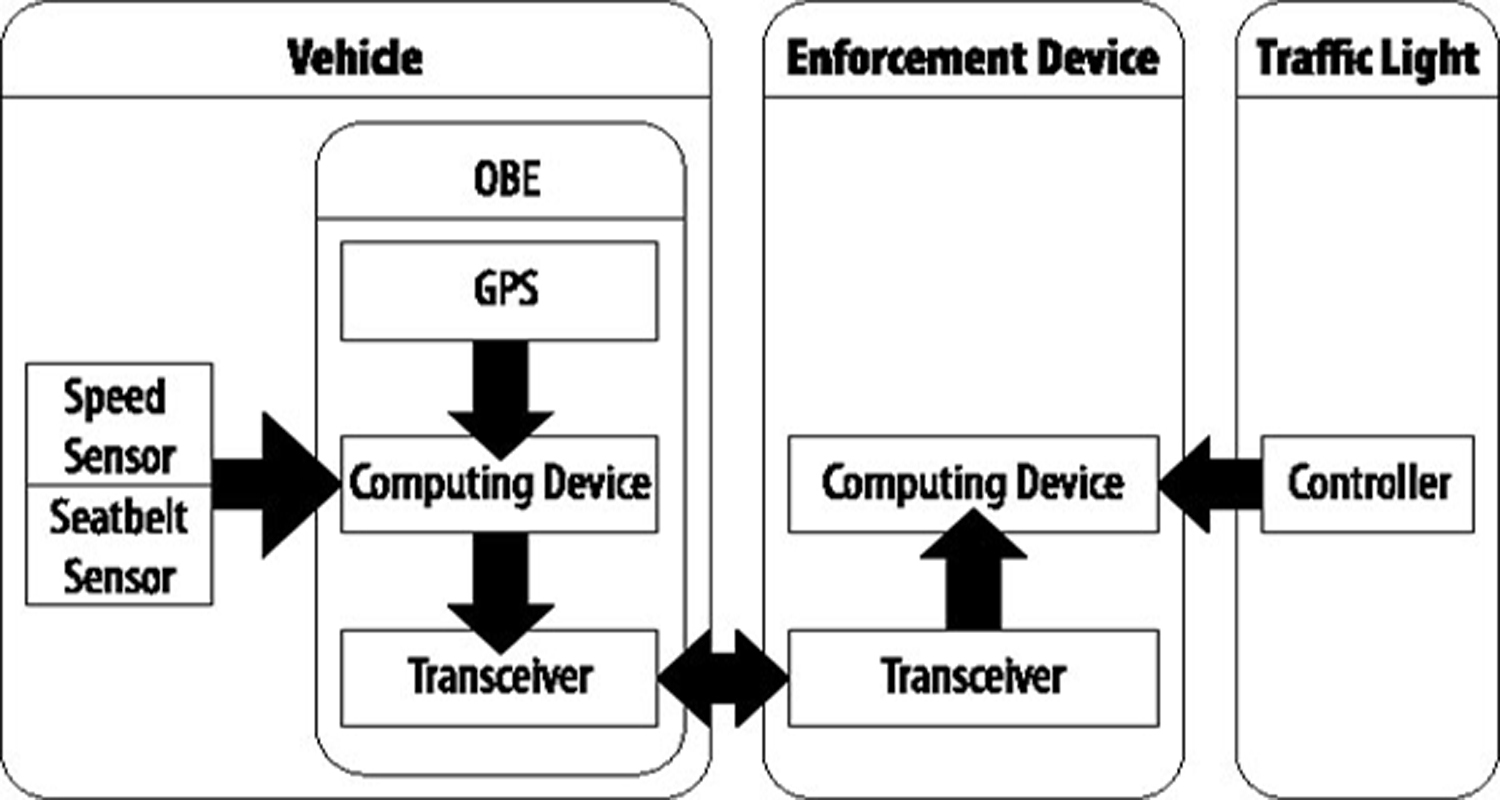A report by the International Quality and Productivity Centre (IQPC) says that, while the country is well on its way to implementing programmes aimed at improving road safety, it appears to have taken a long-term view of its needs and is planning for a system which can expand to meet future demand.
According to Transport Safety in Qatar: Outlook and Possibilities, the Qatari Government has implemented a series of initiatives and intelligent transport systems (ITS) around Qatar, in line with its Qatar Nat
A report by the International Quality and Productivity Centre (IQPC) says that, while the country is well on its way to implementing programmes aimed at improving road safety, it appears to have taken a long-term view of its needs and is planning for a system which can expand to meet future demand.
According to Transport Safety in Qatar: Outlook and Possibilities, the Qatari Government has implemented a series of initiatives and intelligent transport systems (ITS) around Qatar, in line with its Qatar National Vision 2020, to improve road safety and surface transport effectiveness. These include: infrastructure projects aimed at reducing congestion and helping to cope with Qatar’s increasing number of vehicles; a real time traffic data collection and integration system; a traffic signal control room; and traffic signal pre-emption for emergency vehicles.
The report looks at four aspects of road safety policies: urban and transport planning, vehicles, traffic management, roads and infrastructure.
It discusses the new technologies available to improve road safety, such as anti-lock braking systems, driver alertness detection systems and vehicle-to-vehicle and vehicle-to-infrastructure communication, along with the introduction of laws to mandate seat belt use for front seat passengers and drivers. The report claims that the country’s traffic department does not have the resources to control traffic congestion or police law-breaking motorists, although the country is moving to increase the number of officers by the end of 2016.
Qatar is investing substantially to create a world-class, integrated, surface transport system, while new and enhanced highways and roads, complemented by the Doha Metro and Lusail light rail projects, should reduce reliance on private cars, and help increase safety.
According to Transport Safety in Qatar: Outlook and Possibilities, the Qatari Government has implemented a series of initiatives and intelligent transport systems (ITS) around Qatar, in line with its Qatar National Vision 2020, to improve road safety and surface transport effectiveness. These include: infrastructure projects aimed at reducing congestion and helping to cope with Qatar’s increasing number of vehicles; a real time traffic data collection and integration system; a traffic signal control room; and traffic signal pre-emption for emergency vehicles.
The report looks at four aspects of road safety policies: urban and transport planning, vehicles, traffic management, roads and infrastructure.
It discusses the new technologies available to improve road safety, such as anti-lock braking systems, driver alertness detection systems and vehicle-to-vehicle and vehicle-to-infrastructure communication, along with the introduction of laws to mandate seat belt use for front seat passengers and drivers. The report claims that the country’s traffic department does not have the resources to control traffic congestion or police law-breaking motorists, although the country is moving to increase the number of officers by the end of 2016.
Qatar is investing substantially to create a world-class, integrated, surface transport system, while new and enhanced highways and roads, complemented by the Doha Metro and Lusail light rail projects, should reduce reliance on private cars, and help increase safety.











